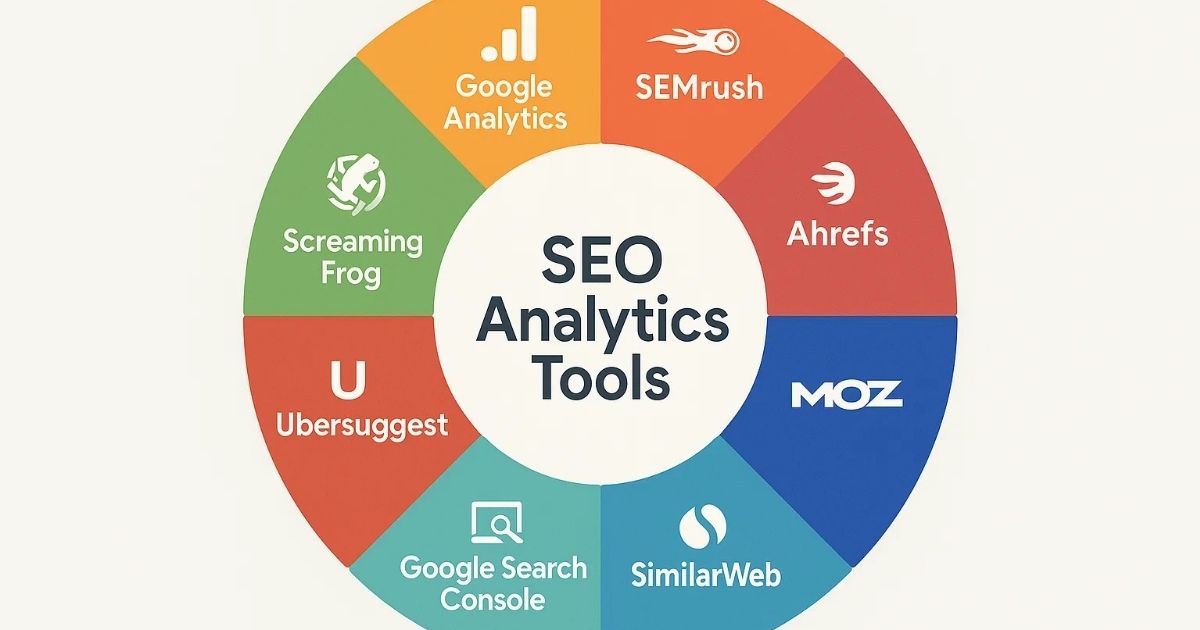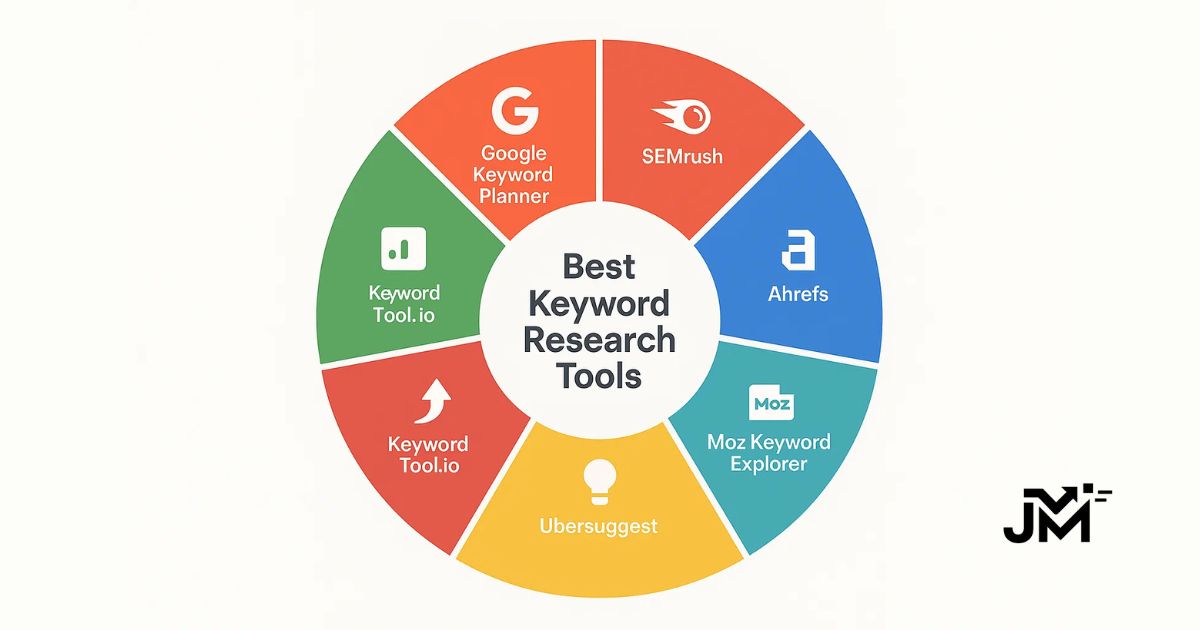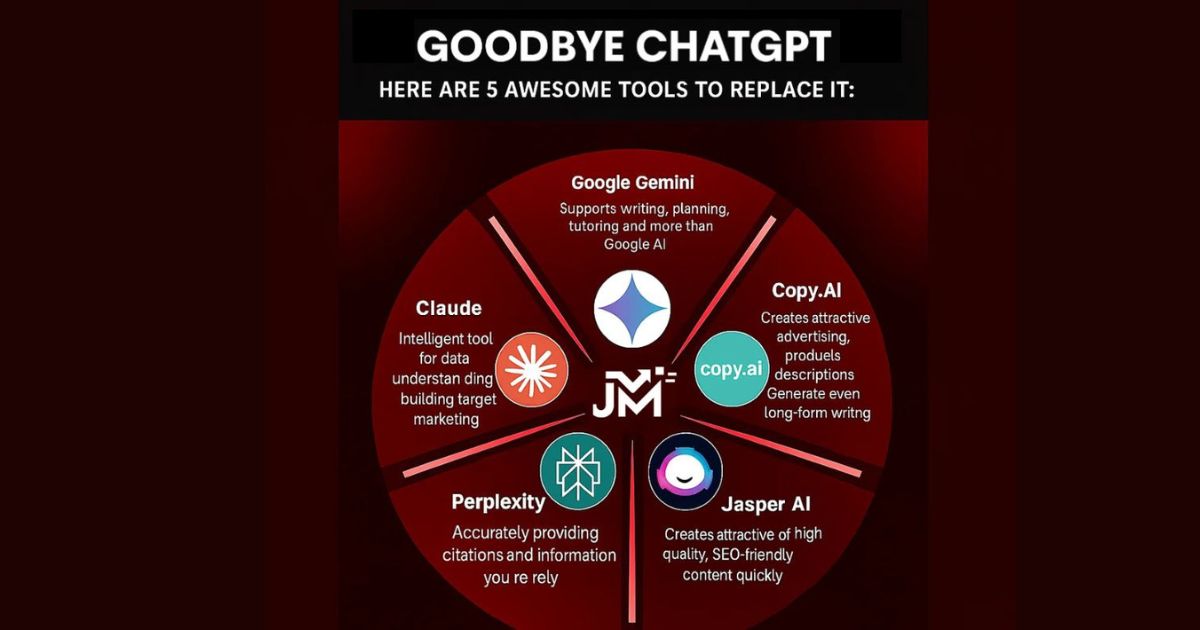In 2025, digital marketing has become more competitive than ever. Businesses cannot rely solely on high-quality content or attractive website design; they must also understand how their websites perform in search engines. This is where SEO analytics tools come in. These platforms provide marketers with the insights they need to analyze traffic, track keyword performance, monitor competitors, and uncover opportunities to improve rankings.
Whether you are a seasoned SEO professional or a business owner looking to grow your online presence, choosing the right SEO analytics tools can make all the difference. In this guide, we’ll explore ten powerful tools every marketer should have in their arsenal in 2025.
Why SEO Analytics Tools Matter in 2025
Before diving into the list, it’s important to understand why SEO analytics tools are essential for marketers today. Search algorithms are constantly evolving, user expectations are changing, and competition is fiercer than ever. Marketers need reliable data to answer critical questions:
-
Which keywords drive the most traffic and conversions?
-
How does site speed impact search performance?
-
What strategies are competitors using successfully?
-
Where are the biggest content gaps and link opportunities?
By leveraging SEO analytics tools, you can move beyond guesswork and make data-driven decisions that deliver measurable results.
1. Google Analytics 4 (GA4)
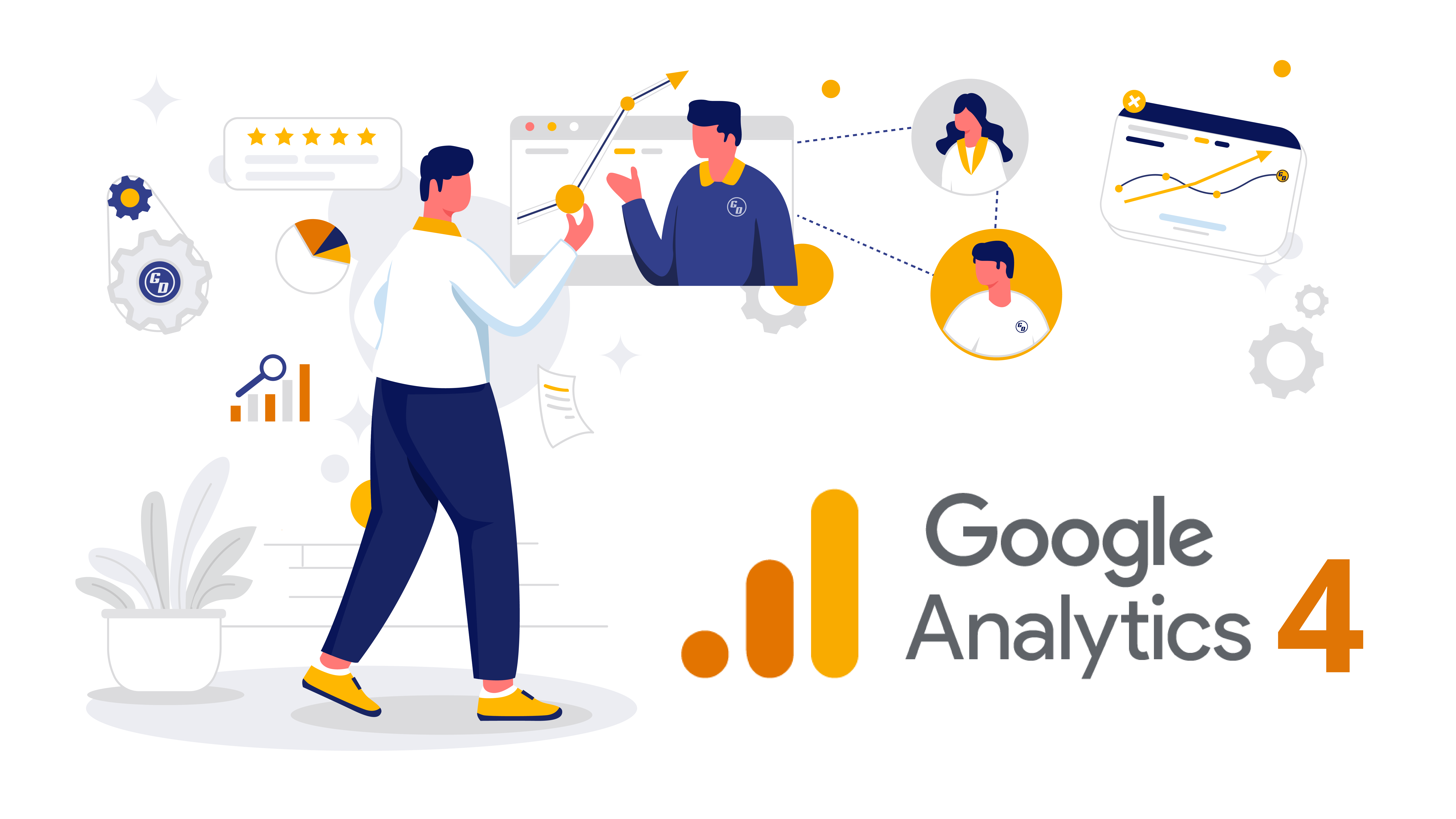
No list of SEO analytics tools would be complete without Google Analytics 4. As the successor to Universal Analytics, GA4 provides a more comprehensive and future-proof way to measure website and app performance.
What makes GA4 indispensable for SEO in 2025 is its ability to track user interactions across multiple platforms. With privacy-first data collection and AI-powered insights, marketers can see not only where traffic comes from but also how users behave on the site. GA4 integrates seamlessly with Google Search Console, giving marketers a complete picture of keyword performance, organic traffic, and engagement.
2. Google Search Console
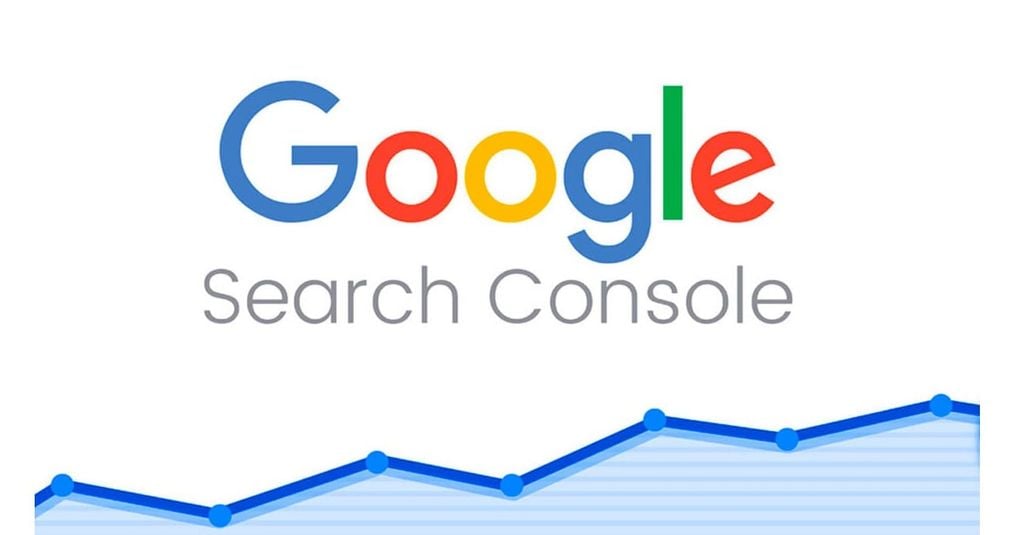
While GA4 tracks behavior, Google Search Console (GSC) focuses on visibility. Marketers use GSC to monitor how their websites appear in Google’s search results. It provides reports on keyword rankings, impressions, click-through rates (CTR), and indexing status.
In 2025, GSC is still one of the most trusted SEO analytics tools because it comes directly from Google. It alerts you to crawling errors, mobile usability issues, and security problems that could hurt rankings. The performance reports help you identify which queries bring traffic, making it easier to optimize pages and target new opportunities.
3. Ahrefs
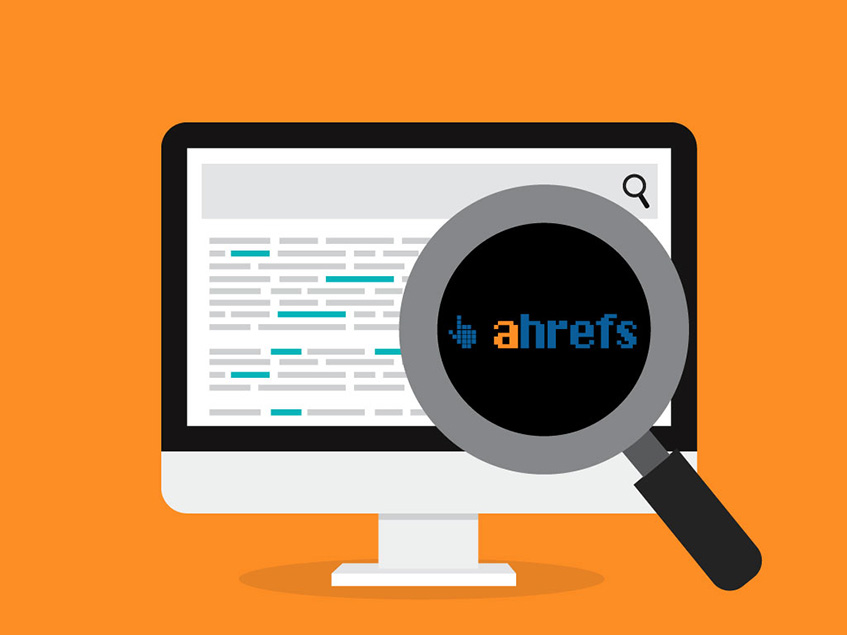
Known for its powerful backlink analysis, Ahrefs remains a favorite among SEO professionals. Its massive index of live backlinks and site explorer feature allow marketers to understand competitor strategies and uncover link-building opportunities.
Beyond backlinks, Ahrefs also provides keyword research, content gap analysis, and technical SEO auditing. With detailed traffic estimations, you can measure the potential ROI of targeting specific keywords. In 2025, Ahrefs continues to be an all-in-one platform for marketers serious about scaling organic traffic.
4. SEMrush
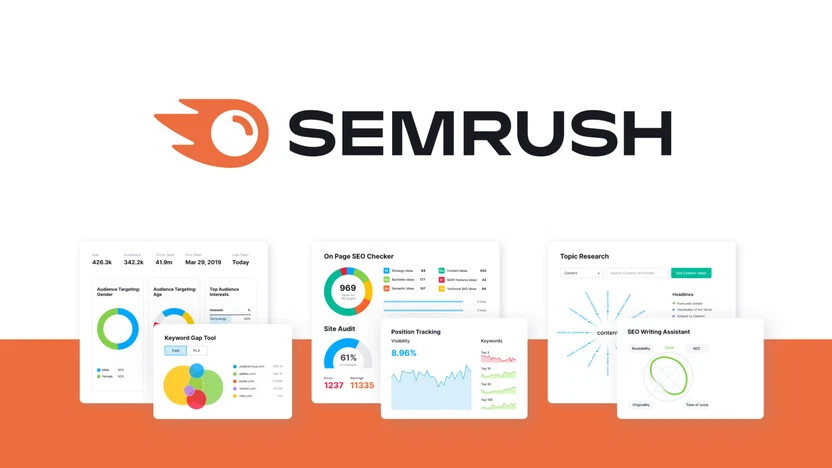
If there is one tool that offers a holistic view of SEO and digital marketing, it’s SEMrush. Marketers use it for keyword research, site audits, position tracking, and competitor analysis.
One of SEMrush’s standout features is its keyword magic tool, which helps discover untapped keyword opportunities. It also provides detailed reports on paid search and social media performance, making it a true multi-channel platform. For marketers in 2025, SEMrush is more than just an SEO analytics tool—it’s a complete digital growth hub.
5. Moz Pro

Moz Pro continues to be one of the most beginner-friendly SEO analytics tools. Its intuitive interface and trusted Domain Authority (DA) metric make it popular among marketers who need straightforward, reliable data.
Moz Pro excels at keyword tracking, site audits, and backlink analysis. Its page optimization suggestions are practical and easy to implement, making it perfect for marketers managing multiple websites or small businesses without dedicated SEO teams.
6. Screaming Frog SEO Spider

Technical SEO is just as important as content and backlinks, and Screaming Frog SEO Spider is the go-to tool for crawling websites. It scans URLs, identifies broken links, analyzes metadata, and highlights duplicate content.
In 2025, Screaming Frog’s integration with GA4 and GSC makes it even more powerful. Marketers can combine crawl data with performance metrics to gain a complete picture of how technical issues impact rankings.
7. Ubersuggest
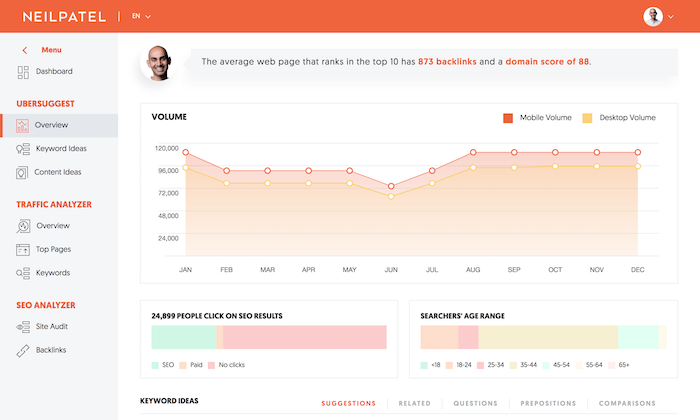
Created by Neil Patel, Ubersuggest has grown into a popular SEO analytics tool for small and mid-sized businesses. It offers keyword suggestions, content ideas, and backlink analysis at a fraction of the cost of premium platforms like Ahrefs or SEMrush.
One of Ubersuggest’s strengths is its competitive analysis. It allows marketers to see what’s working for competitors and replicate strategies effectively. In 2025, Ubersuggest continues to bridge the gap between affordability and functionality.
8. Serpstat
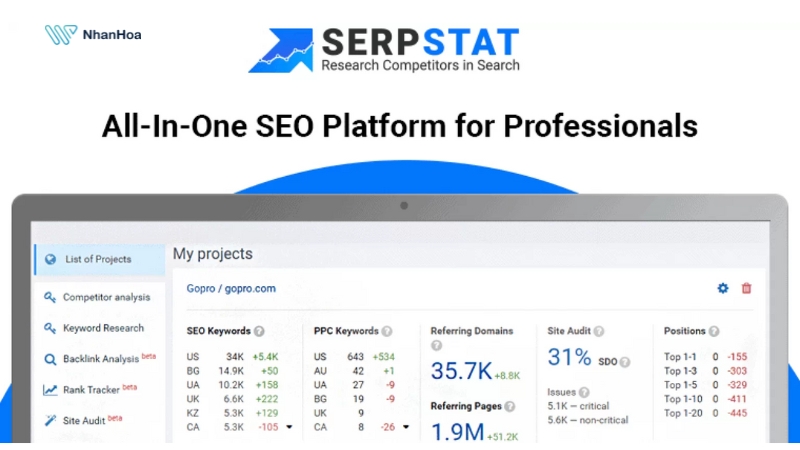
Serpstat is an all-in-one SEO platform designed for growth hacking. Its features include keyword clustering, site audits, competitor analysis, and rank tracking.
Marketers appreciate Serpstat for its clean interface and ability to handle large data sets. In particular, its keyword clustering helps identify semantically related terms, making it easier to optimize for search intent. As AI-driven search becomes more prominent in 2025, Serpstat’s clustering and analysis tools are more valuable than ever.
9. Majestic SEO

Backlinks remain a critical ranking factor, and Majestic SEO specializes in analyzing them. Its proprietary metrics, Trust Flow and Citation Flow, help marketers evaluate the quality and relevance of backlinks.
Majestic’s historical index also allows users to see how backlink profiles evolve over time. For brands focused on building authority and credibility in 2025, Majestic remains one of the most precise backlink analysis tools available.
10. SpyFu
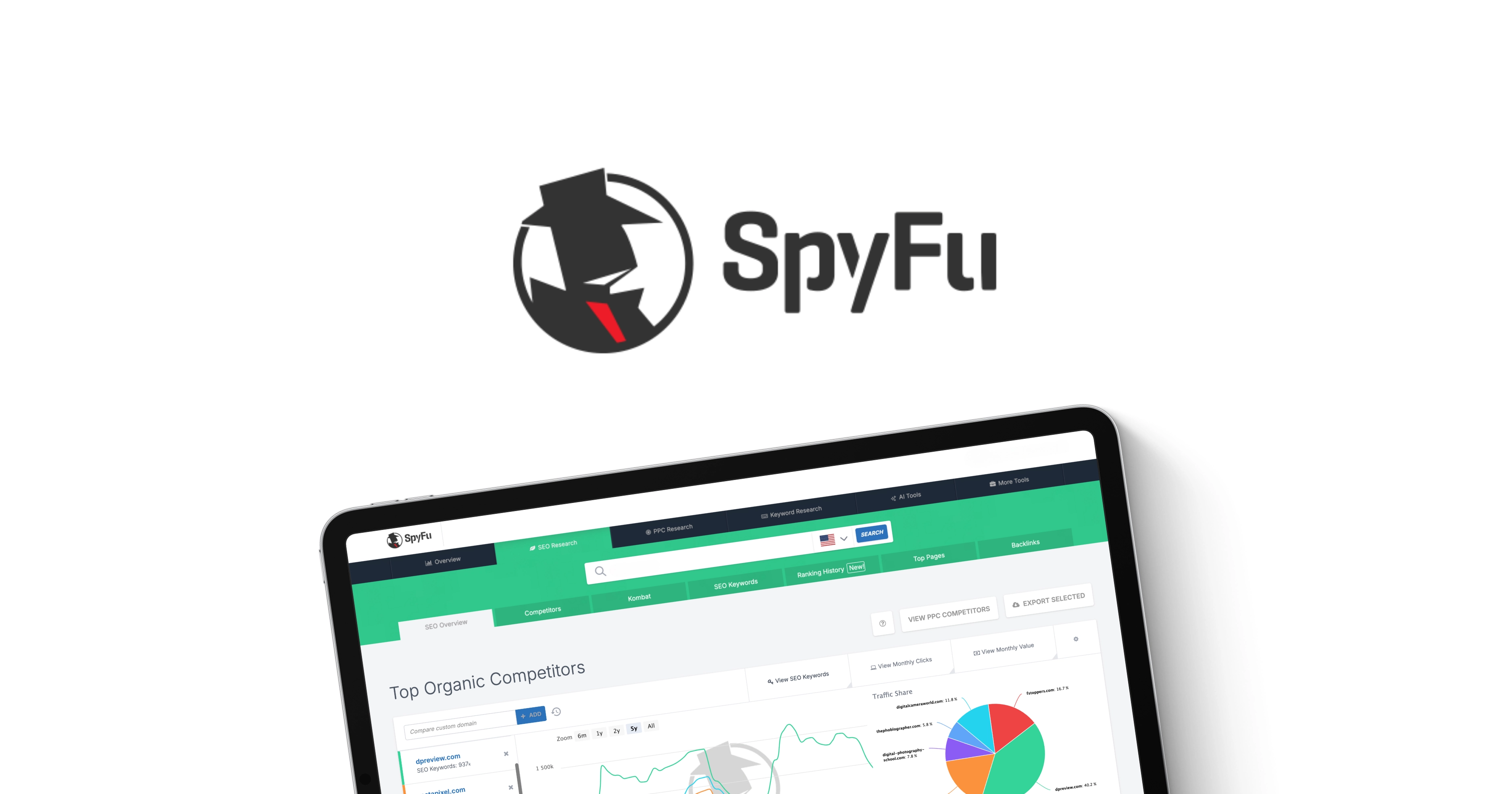
SpyFu is one of the best SEO analytics tools for competitor research. It allows marketers to see which keywords competitors rank for, how much traffic they generate, and what paid search campaigns they run.
This data helps marketers discover untapped keyword opportunities and create better strategies. In 2025, SpyFu’s detailed competitor tracking is particularly useful for businesses in crowded niches where gaining an edge requires strategic insights.
Choosing the Right SEO Analytics Tools
While each of these tools has unique strengths, the right combination depends on your goals and budget. For example:
-
Small businesses may prefer Ubersuggest or Moz Pro for affordability and simplicity.
-
Large enterprises often rely on Ahrefs, SEMrush, or GA4 for advanced data.
-
Technical SEO specialists benefit from tools like Screaming Frog and Majestic.
It’s common for marketers to use multiple tools simultaneously to cover different aspects of SEO.
Final Thoughts
In 2025, success in digital marketing depends on your ability to understand and act on data. With the right SEO analytics tools, marketers can track performance, uncover opportunities, and stay ahead of competitors. Whether you’re focused on keyword research, backlink analysis, or technical SEO, the ten tools covered in this guide provide everything you need to optimize your website and drive long-term growth.
By investing in these platforms and using them strategically, you’ll not only improve rankings but also build a sustainable online presence that adapts to future changes in search algorithms.

